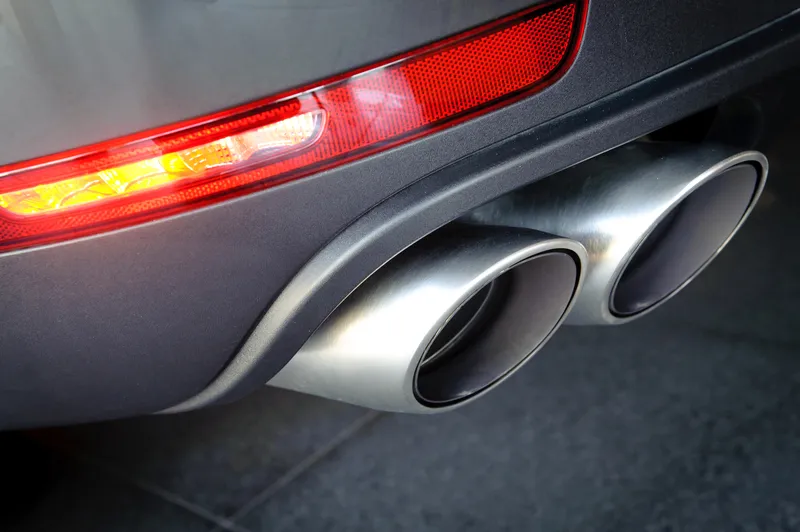A Volvo Cars survey of 50,000 global drivers found that nine out of ten New Yorkers and 86 per cent of residents in California feel that autonomous cars could make life easier.
The survey, Future of Driving survey, indicated that residents of Pennsylvania, Illinois and Texas are less convinced than the average consumer about the safety benefits of autonomous driving. Only about half of Illinois respondents would trust an autonomous car to make decisions about safety, ten per cent less than the national a
July 8, 2016
Read time: 2 mins
A 7192 Volvo Cars survey of 50,000 global drivers found that nine out of ten New Yorkers and 86 per cent of residents in California feel that autonomous cars could make life easier.
The survey, Future of Driving survey, indicated that residents of Pennsylvania, Illinois and Texas are less convinced than the average consumer about the safety benefits of autonomous driving. Only about half of Illinois respondents would trust an autonomous car to make decisions about safety, ten per cent less than the national average. Similarly, only 62 per cent of Pennsylvanians think that having more autonomous cars on the road will eliminate traffic, while 60 per cent of Texans believe autonomous cars could keep their family safer compared to 69 per cent of people across the country.
Across all states, a majority supported autonomous driving. However, 68 percent of people believe that driving manually is a luxury that must be preserved.
Nationally, Americans are concerned about the pace at which lawmakers are responding to the prospect of autonomous cars. An overwhelming majority of respondents, 90 per cent, believe governments and local authorities are slow to plan for autonomous cars.
The survey, Future of Driving survey, indicated that residents of Pennsylvania, Illinois and Texas are less convinced than the average consumer about the safety benefits of autonomous driving. Only about half of Illinois respondents would trust an autonomous car to make decisions about safety, ten per cent less than the national average. Similarly, only 62 per cent of Pennsylvanians think that having more autonomous cars on the road will eliminate traffic, while 60 per cent of Texans believe autonomous cars could keep their family safer compared to 69 per cent of people across the country.
Across all states, a majority supported autonomous driving. However, 68 percent of people believe that driving manually is a luxury that must be preserved.
Nationally, Americans are concerned about the pace at which lawmakers are responding to the prospect of autonomous cars. An overwhelming majority of respondents, 90 per cent, believe governments and local authorities are slow to plan for autonomous cars.










